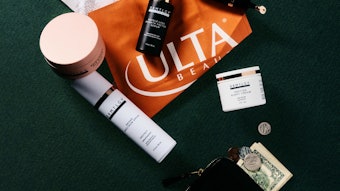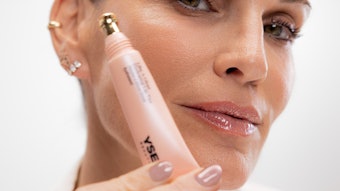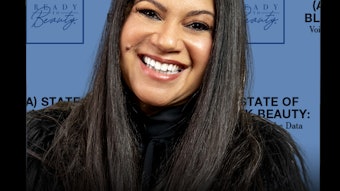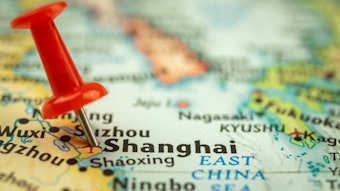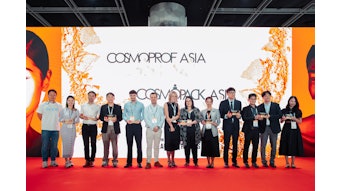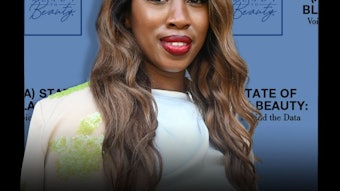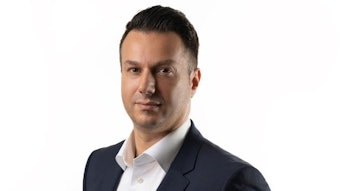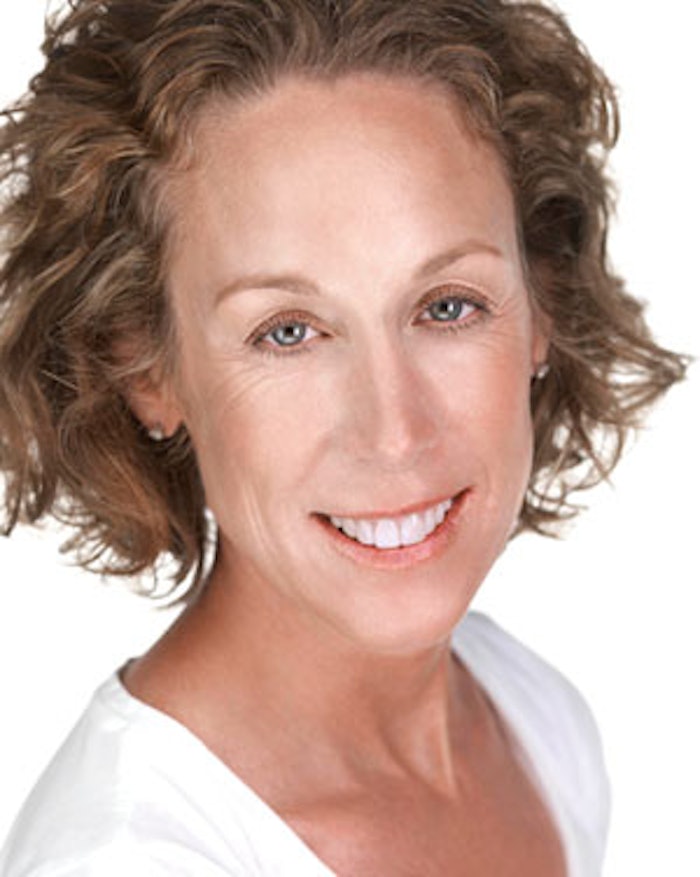
Katharine L’Heureux, Founder, Giving Beauty
In the fall of 2007, Katharine L’Heureux, founder of Giving Beauty, first lay eyes on Morocco. The excursion took her from Rabat to Casablanca to Marrakesh—the richest sights the country has to offer—and subsequently deeper into the south of the country, where the argan forests cover some 1.5 million acres. It was there, in the midst of government cooperatives and a rather wobbly economic infrastructure, that she had what she refers to as her a-ha moment. “It was never a clear intention of mine to start an organic skin care line,” says L’Heureux. “It was a culmination, when I discovered argan oil, of a lot of experience I’d had in my life.”
Raised on a family owned, sustainable vineyard in Napa Valley, California, L’Heureux was conditioned, from a very early age, to view land preservation and community as essential elements of a meaningful life. Such things were, “deeply internalized throughout my whole life,” she says. After co-founding a marketing firm in San Francisco that specialized in natural products, L’Heureux began to realize, by dint of her experience with various producers and suppliers, that what she truly desired was more direct involvement with the creation of a product line—and with those behind it. “To me, it was very important to have this connection between the product and the people who make it and the source, where it comes from,” L’Heureux says. “Knowing these people is so important.”
In a project begun by a Moroccan professor in 2001 that was subsequently legitimized by the Moroccan government, which declared the argan forest a national preserve to prevent foreign bodies from exploiting the country’s rich resource, cooperatives were established in villages across the south to harvest and process argan oil. By Moroccan law, only Berber women of the south are allowed to harvest argan. Once L’Heureux learned about these cooperatives, witnessed their function and importance, “that was the a-ha moment. It combined my passion for skin care with the other interests I have.”
L’Heureux was able to establish a direct relationship with the cooperatives, visiting many times throughout the intervening months, resulting in Kahina—a line of 100% organic argan oil products, so named for the Berber queen who fought off Arabic invaders in A.D. 700. The line consists of a facial system, as well as pure argan oil, said to neutralize free radicals and protect skin against all manner of environmental stressors. L’Heureux is seeing positive response, and not just from the global market. Giving Beauty has established literacy programs within the cooperatives to teach the women there, nearly all of whom are functionally illiterate, how to write their names, how to recognize the letters of and communicate in Arabic—along with other practical skills such as using cell phones (the preponderance of which, even in such remote areas, should in this age surprise no one) and bus schedules, for shopping and travel. “I did not want to do another token gesture for marketing purposes,” says L’Heureux. “I really wanted this to be meaningful. [These women] all value education so much because they value it so much for their kids.” The aim of these literacy sessions is to empower the women ultimately responsible for Kahina, and to also enrich their communities, which Giving Beauty also does by returning 25% of the brand’s proceeds directly to the cooperatives. L’Heureux simply says, “It’s the new economy: You can do good and it will, in turn, come back to you.”
For Giving Beauty, the future holds multibrand expansion into other territories and countries—“India, Brazil, and so on ... There is incredible potential in these places for us.” And for the Berber cooperatives of Morocco, the growth and sustainability of their communities: “I asked the women what they want, and they said a preschool [for their children], so we hope to get going on that for 2010.”
As for L’Heureux, no matter how wide a net Giving Beauty may eventually cast, she will be forever tied to her Moroccan experience, and intends to use it as a model for the growth of her company and its brands. “[These women] have so little, yet they’ve given me so much,” she says. “They look beyond our differences to see our similarities. They are incredibly warm. I’ve learned so much from them.”

